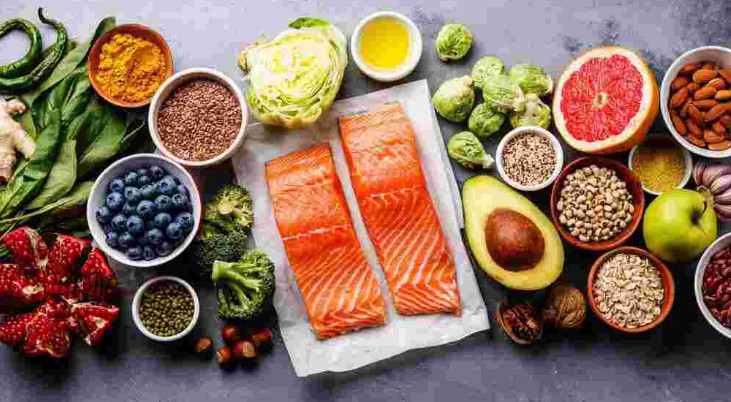Arthritis, a condition affecting millions worldwide, can cause pain, stiffness, and reduced mobility in joints. While there’s no single cure, managing your diet can play a crucial role in alleviating symptoms and improving your overall well-being. This article explores the connection between diet and arthritis, offering dietary tips and food choices to maximize your comfort and manage symptoms naturally.
7 WORST Foods for Arthritis & Joint Pain | Arthritis Foods to Avoid :
Understanding Food and Inflammation:
Many forms of arthritis involve chronic inflammation in the joints. Certain dietary components can contribute to inflammation, while others offer potential anti-inflammatory benefits. By prioritizing foods with anti-inflammatory properties and limiting pro-inflammatory ones, you can significantly impact your arthritis management.

Dietary Guidelines for Arthritis Management:
- Embrace the Mediterranean Diet: This diet, rich in fruits, vegetables, whole grains, fish, healthy fats like olive oil, and legumes, is highly recommended for individuals with arthritis. The abundance of antioxidants and healthy fats in this diet helps combat inflammation and promotes overall health.
- Prioritize Omega-3 Fatty Acids: Fatty fish like salmon, tuna, sardines, and mackerel are excellent sources of omega-3 fatty acids. These fats have well-documented anti-inflammatory properties and may improve joint pain and stiffness. Aim for at least two servings of fatty fish per week.
- Load Up on Fruits and Vegetables: Aim for a rainbow of fruits and vegetables on your plate, as they are packed with antioxidants that fight inflammation and support general health. Berries, cherries, citrus fruits, leafy greens, and cruciferous vegetables like broccoli and cauliflower are particularly beneficial choices.
- Choose Whole Grains Over Refined Grains: Whole grains, like brown rice, quinoa, and whole-wheat bread, are rich in fiber and may help regulate inflammation. Additionally, they provide sustained energy levels, aiding in daily activities.
- Limit Red Meat and Processed Foods: Red meat and processed foods are often high in saturated and trans fats, which can contribute to inflammation. Opt for lean protein sources like chicken, fish, beans, lentils, and tofu, and limit processed foods like sausages, fried foods, and sugary drinks.
- Stay Hydrated: Drinking plenty of water is crucial for overall health and joint health specifically. Proper hydration helps lubricate joints, improving flexibility and reducing stiffness.
Additional Tips:
- Maintain a Healthy Weight:Excess weight can put additional strain on your joints, worsening pain and inflammation.
- Consider Supplements:Consult your doctor about the potential benefits of taking supplements like vitamin D and fish oil, which may be helpful for managing specific types of arthritis.
- Individualize Your Approach:What works for one person may not work for another. Pay close attention to how different foods affect your symptoms and adjust your diet accordingly.
- Consult a Registered Dietitian:A registered dietitian can create a personalized meal plan to meet your specific needs and dietary preferences.
Remember: Dietary changes can significantly impact your journey with arthritis. By making informed choices and incorporating these tips into your daily routine, you can manage your symptoms naturally and experience improved overall well-being. However, it’s crucial to consult with your doctor or a registered dietitian before making any drastic dietary changes. They can offer personalized advice and ensure your dietary approach complements your existing treatment plan.


